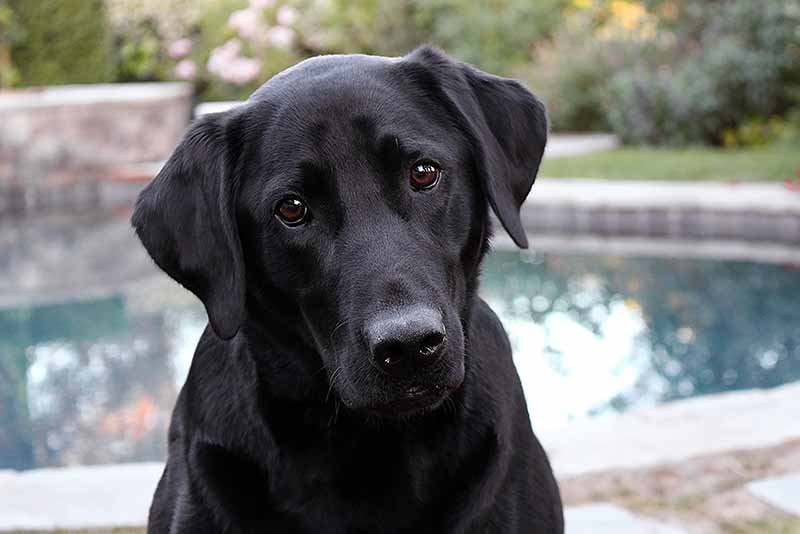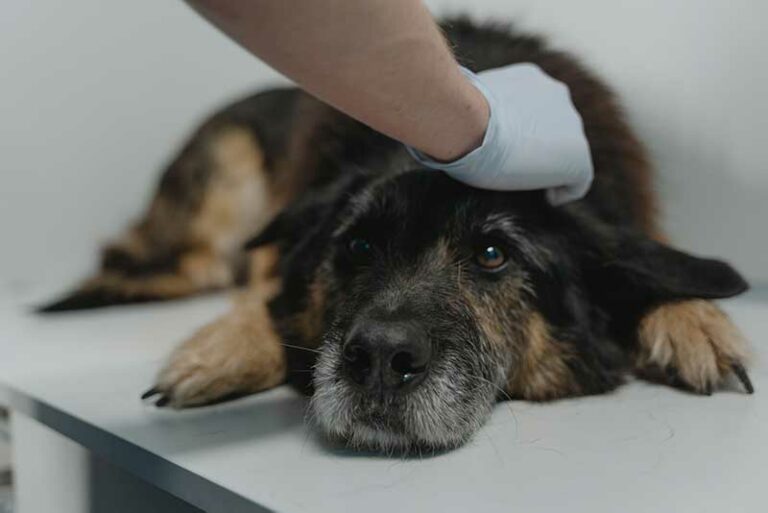Why Does My Dog Get Diarrhea In The Summer? How To Care Guide
We can all agree that summer is the most beautiful time of the year. But, while we are enjoying picnics with our loved ones, can our dogs enjoy the summertime the same as we do? Because the body temperature and heat resistant techniques of the canines are different from ours and because they are wearing the same thick fur coat all year long, summer becomes much harsher for our pets.
So, heat strokes are much more common among dogs. And that is why being informed of the symptoms of heat strokes are imperative for dog parents.
So, why does my dog get diarrhea in the summer? Diarrhea is one of the significant signs that your dog is experiencing the harshness of the summer heat. And it will not take long to rush and ultimately become a full-on heat stroke. And that is why all dog owners living in areas where summer is harsh should keep an eye out for signs like lethargy, red eyes, vomiting, increased heart rate, etc. if they notice that the dog is experiencing diarrhea.
Why Does My Dog Get Diarrhea In The Summer?
Commonly known as diarrhea, soft tools in dogs are a concern that many dog parents become alarmed about during summertime. But, “why does my dog get diarrhea in the summertime?” might become a considerable doubt in your mind if you are a new dog parent or are unaware of the heat-related problems in dogs.
We notice how our dogs love sunbathing whenever they can go out into the backyard. And no one can stop them from lying under the sun’s rays if they find a comfy spot to lay down in a lazy stance.
But, for dogs, too much heat can also cause problems. And that is why they often pant throughout the day when the day is much hotter than they would prefer.
A dog’s body temperature typically ranges from 101 degrees F to 102.5 degrees F, with the maximum point reaching close to 103 degrees F. This body temperature of canines slightly overtakes the human body temperature by a few degrees.
That and the fact that their whole body is covered in fur makes them susceptible to even the slightest change in the environmental temperature.
That is when they start to show signs of heat stroke, also known as hyperthermia. The general symptoms of this range from heavy panting to bloodshot eyes to diarrhea to lethargy and much more.
And soft tools or bloody stools are often the breaking point of a dog’s body and give in to the heat stroke they are experiencing.
If you have a dog with a history of heat strokes in the former summers, you get the question, “why does my dog get diarrhea in the summertime?” Then it might be wise to start off the summer with precautions for this matter.
Can Hot Weather Cause Dogs Have Diarrhea?
The dog’s body is typically compatible with nurturing its physique during the hot weather. They will dig holes in your backyard, lay on the cool soil in the hole, pant with their mouths open and tongues out, be less active to conserve energy to bear the heat, etc.
But sometimes, just like us humans, their methods of bearing up the heat become exhausted, and they eventually become victims of heat strokes.
And as a result, they will show signs of soft stools, also known as diarrhea. The stress of the heat of the summertime is the culprit behind the reason why dogs have stools with blood.
These types of stools have a strong rotting meat odor and can be caused due to anything related to stress, and excessive exposure to high heat is one of them.
How To Care For Dogs During Summer To Avoid Heat-Strokes?
Dog parents who are concerned about why their dog gets diarrhea in the summer must be looking for ways to avoid running into issues related to heat stroke as well. But, first of all, one should know what breeds of dogs are highly susceptible and vulnerable to heat strokes.
Apparently, all dog breeds can get heat stroke when the temperature is way higher than they can tolerate. But long-haired short-snouted dogs are more vulnerable.
So we put up a list of the breeds of dogs that get battered by the high heat every summer.
- Bulldog breeds
- Greyhound
- Cavalier King Charles spaniel
- Pug
- Golden retriever
- Springer spaniel
- Boston Terrier
- Akita
So now, for those dog owners terrified about why their dog gets diarrhea in the summer, here is how you can safeguard your dog from heat strokes and related symptoms.
First, if you want to exercise your dog, it is better to take him out in the evenings or in the early mornings when the heat of the sun is at its minimum. And it is better if you don’t make your pup over exhausted even if the temperature of the day has reseeded.
Next, make sure that the pet always has access to clean water. When the dog is feeling hot, drinking some cool water will help cool his body down.
And during the summer, your pet will drink more water than on cold days, so ensure you check the water bowl several times a day and fill it when necessary.
Next, if your pet looks to be hot, sprinkling some cool water on his fur will also help. But it is recommended that you do this slightly and not completely wet the dog.
Some other alternatives are giving them a cold or wet towel and arranging a fan or a room with an air conditioner.
And it is also recommended that you bring the doggo inside your house in the daytime if you are used to housing him outside. It will protect the doggo from the high heat during the day.
Additionally, dogs love to dig holes in the garden and lay in the cool soil on the floor. Even though this action irritates us because it makes our dogs dirty, let them do what they do. This cool soil helps them relieve body heat much more effortlessly.
So if you are concerned about why my dog gets diarrhea in the summer, that is how you protect dogs from heat stroke and diarrhea.
Thank you for reading this post. Stay tuned with Jack Russell Owner for more interesting posts about your pet friend.



![Can Dogs Get Cavities? Yes [What To Do & Cost To Fix]](https://jackrussellowner.com/wp-content/uploads/2023/11/Can-Dogs-Get-Cavities-Yes-What-To-Do-Cost-To-Fix-768x575.jpg)




